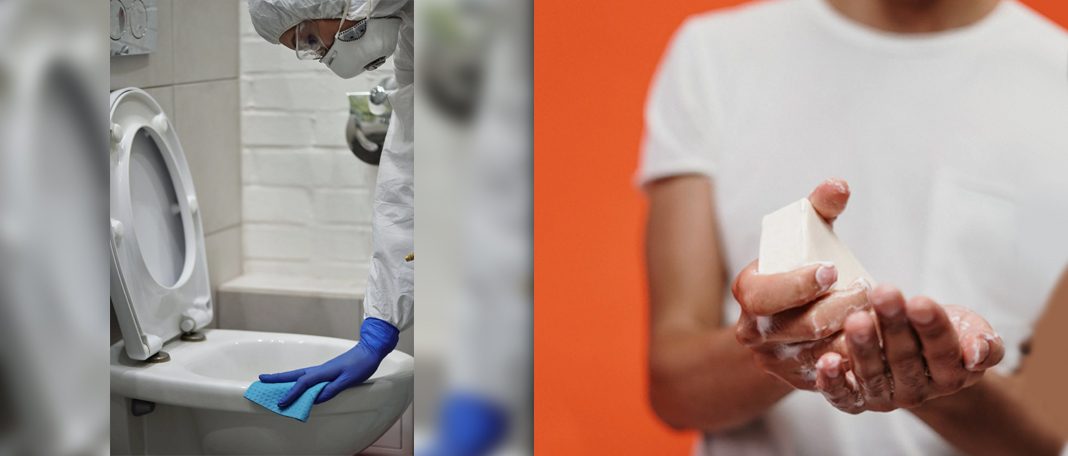Urinary tract infections (UTIs) are caused by bacteria entering the urinary tract and multiplying, causing discomfort, pain, and a range of other symptoms. UTIs can be very disruptive to daily life, causing discomfort and pain that can make it difficult to work, exercise, or even perform daily activities. Here are some of the ways UTIs can disrupt daily life and how to prevent them. Read more about urinary tract infection causes.
Symptoms of urinary tract infection
- Pain or burning during urination
- Frequent urination or an urgency
- Cloudy or bloody urination
- Strong-smelling urination
- Pain or pressure in the lower abdomen
- Fever or cold (in severe cases)
Some of the severe symptoms are,
Pain and discomfort: UTIs can cause a range of uncomfortable symptoms, including pain and discomfort during urination, frequent and urgent urination, and pelvic pain.
Sleep disturbances: The pain and discomfort caused by UTIs can disrupt sleep, leading to fatigue and exhaustion during the day.
Work disruptions: UTIs can make it difficult to focus and be productive at work, and may require time off to recover.
Exercise limitations: UTIs can make it painful and uncomfortable to exercise, leading to a disruption of fitness routines and goals.
Tips to prevent a urinary tract infection
Drink plenty of fluids: Drinking lots of water and other fluids can help flush bacteria out of the urinary tract and prevent infections.
Practice good hygiene: Wiping from front to back after using the toilet, and regularly washing the genital area, can help prevent the spread of bacteria to the urinary tract.
Urinate frequently: Urinating frequently can help flush bacteria out of the urinary tract and prevent infections.
Avoid irritating products: Avoid using products that can irritate the urinary tract, such as perfumed soap or bubble bath.
Wear breathable clothing: Wearing breathable clothing can help prevent the growth of bacteria in the urinary tract.
Consider cranberry supplements: Cranberry supplements may help prevent UTIs by reducing the ability of bacteria to stick to the walls of the urinary tract.
Urinary tract infection causes
Bacteria: Most UTIs are caused by the bacteria Escherichia coli (E. coli), which normally lives in the intestinal tract but can migrate to the urethra and bladder.
Sexual activity: Sexual activity can introduce bacteria into the urinary tract, particularly in women. Women are more susceptible to UTIs than men due to their shorter urethra, which makes it easier for bacteria to enter the bladder.
Certain medical conditions: Conditions that affect the urinary tract, such as kidney stones or an enlarged prostate, can increase the risk of UTIs.
Use of certain types of contraceptives: The use of spermicides, diaphragms, and condoms that are coated with spermicide can increase the risk of UTIs.
Urinary catheterization: The use of urinary catheters, particularly over an extended period, can increase the risk of UTIs.
Weakened immune system: People with weakened immune systems, such as those with HIV/AIDS or who are undergoing chemotherapy, are more susceptible to UTIs.
Urinary tract infections (UTIs) are a common medical problem, especially in women. They occur when bacteria from the digestive tract enter the urinary tract, usually through the urethra, and infect the bladder, ureters, or kidneys. While UTIs can be uncomfortable and painful, they are usually not serious and can be treated with antibiotics.















